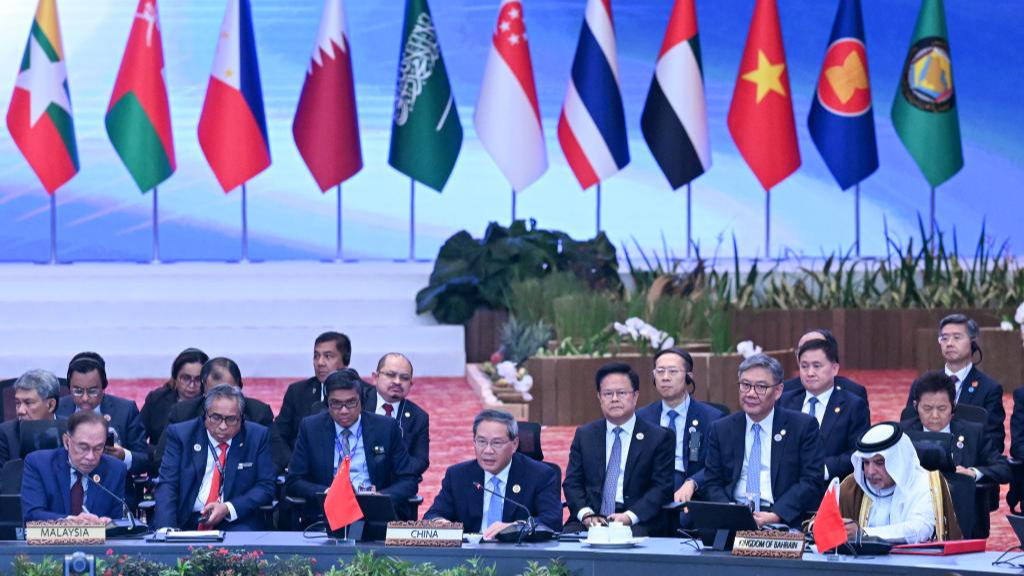China, ASEAN, and GCC Commit to Strengthening Regional Partnerships for Sustainable Growth
China, ASEAN, and GCC nations unite to bolster cross-regional cooperation amid global challenges.


In a significant diplomatic gathering held in Kuala Lumpur on May 27, 2025, representatives from China, the Association of Southeast Asian Nations (ASEAN), and the Gulf Cooperation Council (GCC) convened to chart a new course for cross-regional collaboration. The trilateral summit, attended by high-level officials including Chinese Premier Li Qiang, underscored a collective commitment to deepening cooperation amid mounting global challenges.
A joint statement issued after the summit highlighted the nations’ shared vision for fostering closer ties among China, ASEAN, and the GCC. The leaders expressed strong support for building both an "ASEAN-China community with a shared future" as well as a "China-Arab community with a shared future in the new era." These ambitions reflect a broader trend of strategic alignment as countries in Asia and the Gulf region look to bolster economic and security partnerships.
The joint statement also emphasized the importance of a rules-based multilateral trading system, affirming the centrality of the World Trade Organization. Participants reaffirmed their determination to make economic globalization more open, inclusive, and balanced—ensuring that growth and prosperity benefit not only their current citizens but also future generations.
With trade, security, and sustainable development at the core of their discussions, the summit marks a notable step toward greater interregional integration. Leaders pledged to maintain the momentum of dialogue and coordination, aiming to address ongoing geopolitical uncertainties through collaboration and mutual respect. As the world grapples with complex issues including economic volatility and supply chain disruptions, this trilateral partnership signals a renewed drive for stability and shared progress across some of the globe's most dynamic regions.




